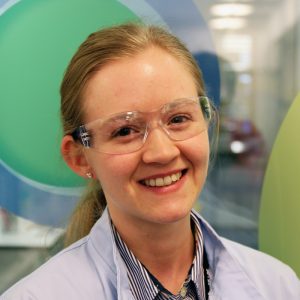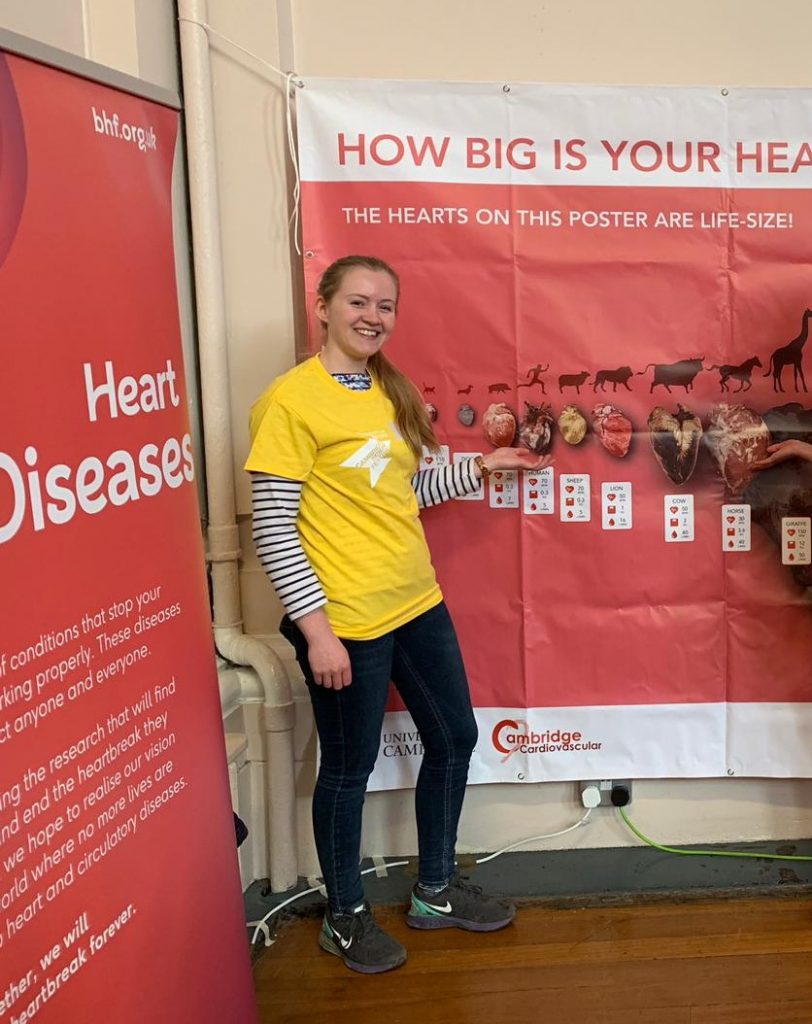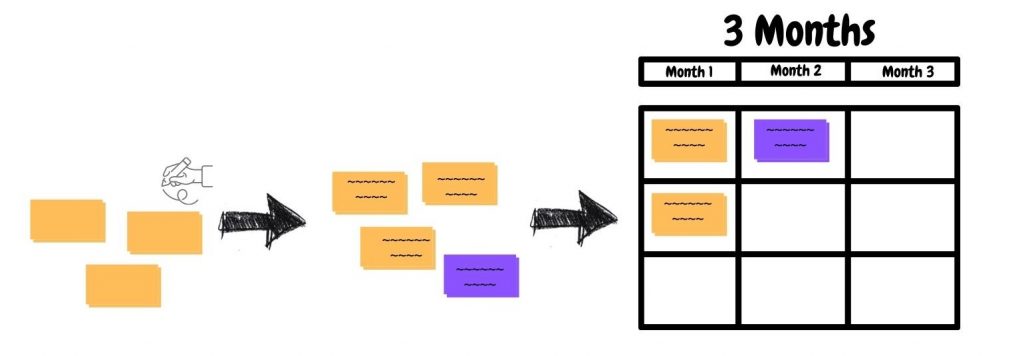by Mary Goodwin-Trotman, fast-track consultant

Making a career change is often a stressful time but having been on the Fast-Track Consultancy Programme at i3Works for nine months, the move has been a very positive one. I have already had the opportunity to work on some interesting client projects as well as delivering a successful virtual event for the Genesis Trust. On top of this, I have noticed that many of the transferable skills from my PhD have helped me in the roles I have undertaken to date.
Prior to joining i3Works, I’d spent the past three years at the University of Cambridge undertaking a PhD in the Department of Clinical Neurosciences. Essentially this involved culturing human stem cells to model the blood-brain barrier (the protective coating in the blood vessels of the brain). You may be wondering what relevance culturing human stem cells has to project management, but there are actually several commonalities.

To put this into context, I have been reflecting on one of the client placements I have recently undertaken. Three months into my position at i3Works, I took on a project support position in Defence Digital, working in the Application Services and DevOps Team (ASDT). During this placement, I acted in the role of scrum master during programme increment (PI) Planning.
Prior to this experience, to me the term ‘scrum’ was solely associated with rugby, having been an avid follower of the Six Nations for several years. Nonetheless, the word ‘scrum’ is a homonym and in this context, it refers to a framework that is used to tackle complex problems and develop products, rather than a rugby formation. In this team, a version of scrum that is designed for larger teams, Scaled Agile Framework (SAFe), is used. (Read more about what scrum and SAFe are in relation to Agile here: Agile working – a mindset, not a method – i3Works News and Articles).
In this role, I had to rapidly learn about SAFe and importantly, the nuances of how it was implemented in ASDT, by observing the current scrum master. Along with this, I became proficient in JIRA, a project management software used in agile teams for virtual Kanban and scrum boards.
ASDT’s PI planning, one aspect of SAFe implementation, is a three-day event to plan the next three months of tasks, aligning these against the time capacity of the team and arranging them across the three months, depending on priority and timescale. But this is not done in isolation. To complicate things, some parts of the work require input from other teams to be completed or other teams required us to do work (known as a dependencies). These dependencies needed to be agreed in both directions, during PI Planning.

In this position, which was completely new to me, I was able to draw on the experience from my PhD. To illustrate this, I have chosen to focus on just four of the key transferrable skills from my doctorate that I felt provided the most benefit in this high-pressure environment.
- Organisation
During the scrum master role, I needed to be organised. This was facilitated through pre-PI planning sessions in the week prior to the main event. During PI Planning itself, I followed a schedule of planning sessions and ensured I had all the pre-planning content to hand, to enable conversations. I also kept a handy ‘cheat sheet’ of key tips and tricks and any JIRA labels or shortcuts to remember during the meetings that I taped to the wall next to my laptop screen!
Similarly, from my PhD, organisation skills were of course plentiful, albeit under a different guise. For example, in the acquisition of resources for experiments, I needed to ensure I had enough reagents for my experiments and that any equipment I needed was in working order, or that I had booked a time slot in the case of shared equipment. Along with this, I managed a placement student, in which I helped to plan their work, while taking into consideration my own time commitments.
- Communication
In the scrum master role, communication was key. Clear communication was especially paramount when delivering PI Planning virtually, because, as many of us have learnt during the Covid-19 pandemic, virtual working does have its downsides: Namely, the lack of gestures, eye contact or the corridor or coffee room breaktime conversations that can lead to new ideas. Similarly, briefing back to the wider team each day required the need to be clear and articulate. I also engaged with other teams within ASDT such as DevOps, requiring effective communication to get the most out of the limited time available.
This parallels directly with experience gained during my PhD, such as delivering talks at academic conferences, as well as taking part in public engagement events such as the Cambridge Science Festival. That is in addition to the written communication skills that are honed whilst writing a 55,000-word thesis!
- Fast Learning
In the role as scrum master, being able to quickly grasp new information, rapidly read into a situation and lead conversations was particularly helpful, especially as I did not have previous experience of the field. It ensured I could effectively guide the team through a productive PI planning session, whilst not having the in-depth specialist knowledge of each task.
From my time in academia, I developed the ability to read and digest large volumes of published papers and protocols to generate plans for experiments and to put my results into context in the wider field. Moreover, from my experience engaging the public in science, it is essential to be able to distil information depending on the audience. For example, to turn complex ideas about genetics into something that both a five-year-old child and their 83-year-old grandparent can understand.
- Resilience
Lack of technical knowledge and service management experience required alternate skills for the scrum master role. I needed to be resilient to scrutiny, open to making mistakes and to take on feedback from the team and senior staff, fully acknowledging that this was a new experience for me.
Commonly called ‘imposter syndrome’ in academia, you certainly develop a thick skin and learn to have faith in your own abilities as a PhD student. From my PhD, I acquired resilience through experiencing repeated failure of laboratory experiments. For example, it took several attempts and almost two years to successfully use the CRISPR/Cas9 gene editing technique. Resilience is essential to pick yourself up, dust yourself off and try again, rather than dwelling on the loss of several weeks or months of your life (weekends included…), trying to get something to work.
From reflecting on my time at i3Works so far, I can already see the benefit of my experience in academia and how it dovetails so well with consultancy and project management. I hope to continue to draw on these life skills gained over the last three years of my PhD and to put them into practice in the variety of client settings that we operate in.
